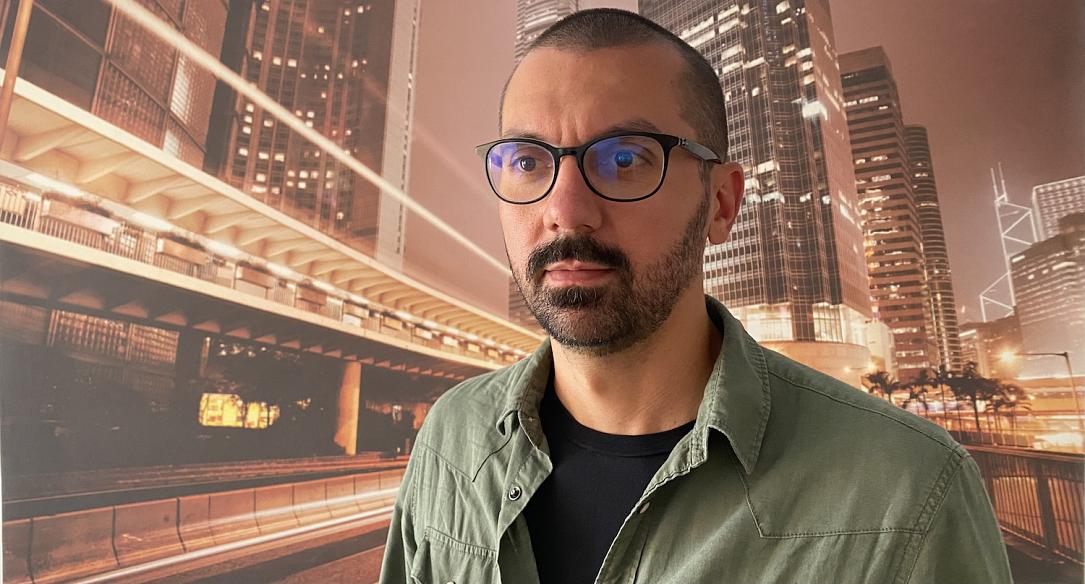Native content supported by Fortech Investments.
How to make the founder-investor relationship work for the success of your start-up

Native content supported by Fortech Investments.

Native content supported by Fortech Investments.

In my work, I am grateful to say that I have developed and forged quite a few of these relationships, and I want to share a few thoughts below, for both sides, on how to make the most out of it.
The founder-investor relationship doesn’t start right after the money is wired. No, it starts way earlier than that. And this might mean a few things:
First of all, you have to get to know the person you will work with. For both sides. Investors want to get to know the founding team, especially in early-stage investments, because this is what they bet on. They want to know more about their vision, mission, and drive. Of course, a nice background helps, but if the people do not get together, then it is doomed to fail (in most cases).
At the same time, founders need to know what investors can provide to help them achieve their goals most efficiently and sustainably. This means that it’s part of your strategic job to figure out what you need from an investor and, at the same time, what an investor needs from you, so they can help you by leveraging their expertise and assets.
And don’t be afraid to ask questions. Investors sure ask you LOTS of questions, and you can do that too with questions like “Why do you love my company?” “What value can you bring?” “What are your expectations from us?”
Another aspect, and this comes from our experience at Fortech Investments, is that this relationship can start even before the current fundraise. We have had founders come to us who simply didn’t match our criteria at the time – whether they were too early, or their business model wasn’t something we wanted to invest in. But by keeping an honest and open relationship, we ended up investing in them at a later stage or even after a pivot. I can say that those relationships have brought some of the most promising ventures in our portfolio.
When I say that the founder-investor relationship goes both ways, I don’t necessarily mean that both parties have to each do “half of the work” and call it a day. No, each party has to do its part while maintaining a balance.
For example, investors don’t need to forget that, after all, the founder is the main character, they are the one with the vision. The investor’s job is to support them in achieving that however best they can, without interfering too much.
Founders also need to understand that a good investor genuinely wants to help them succeed, because it’s the best interest of both. The power dynamics in Venture Capital don’t always look or feel like this, especially from the founder’s side, but they should. We do see both the bad and the good in a business, and when we make a decision, it’s because we realize the potential and we’re down to help the founders achieve it.
Another more technical aspect of this balance relates to information – more specifically, information asymmetry. Before investment, VCs have an information advantage during the fundraising process but after the investment, the advantage is in the founder’s hand. This asymmetry can be avoided through constant communication and transparency. This leads to the third, and last, point.
Being a human relationship, more than a transactional one or just a business partnership, transparency, and communication are key. Especially when it comes to challenges or even the so-called “bad news”. Those are the most important. In this founder-investor relationship, you need to be able to have a friendly chat with your investors, tell them what happened, and figure out a way to solve everything together.
Most founders believe that investors want to keep them and their teams “in check”, but that is not true. That is the usual cause of founders avoiding sharing bad news. As investors, we actually want to hear them, because we know they arise. It’s impossible to sail this start-up journey perfectly smoothly, and that is just fine. That is why we want founders to be comfortable enough with us to share that news, even in monthly reports.
Alexandru Chifu (in the opening picture) is an Investment Associate at Fortech Investments. He analyzes investment opportunities from founders in Energy, Healthcare, FinTech, Automotive, and Real Estate for the fund's portfolio. If you're looking for capital funding or joint venture partnerships, drop him a message on Linkedin.
*Native content supported by Fortech Investments.